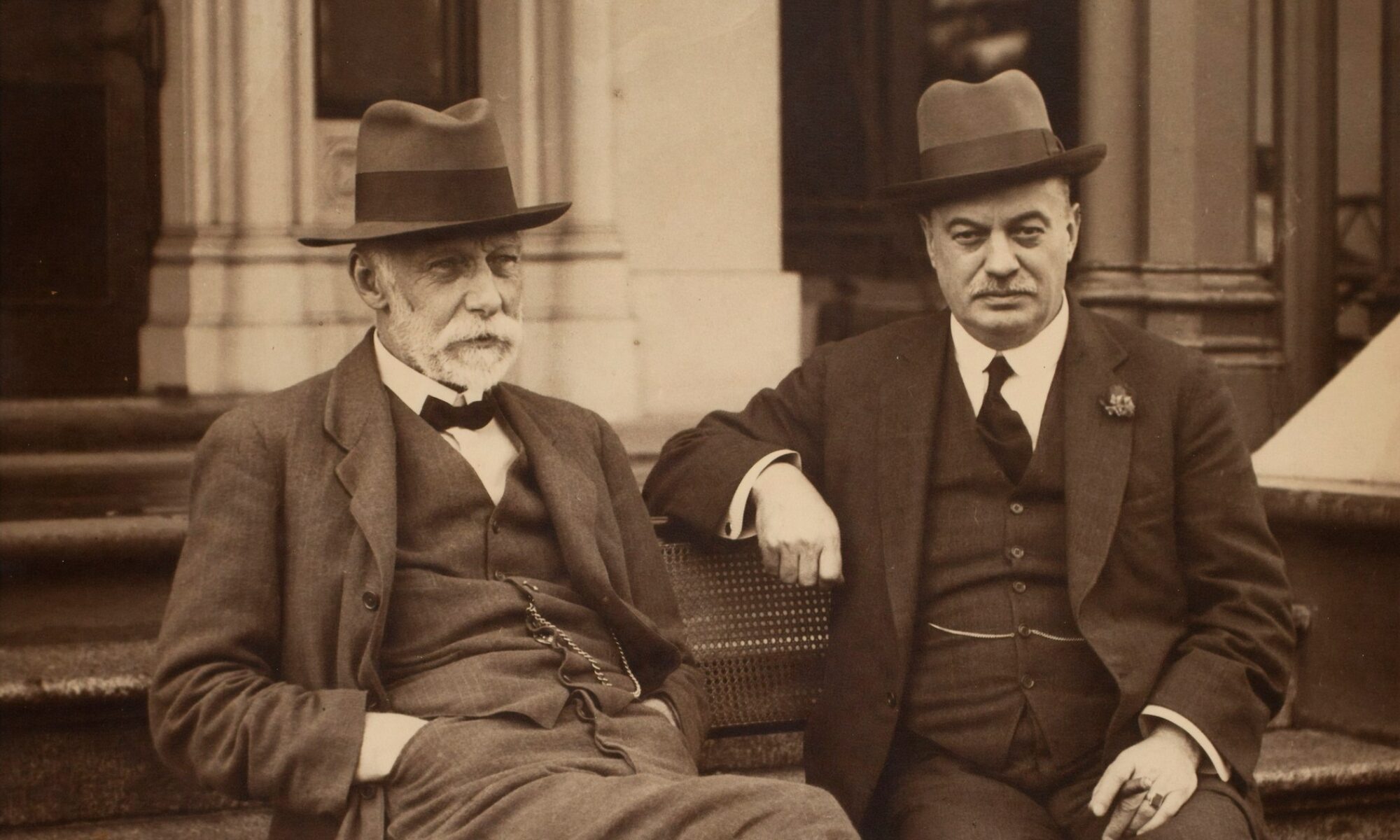Those who have long been loyal royal watchers will remember the photos…
Gone was the seemingly innocent, inner joy. The smile had faded. So had the warm glances in her one time prince’s direction. As her public appearances increasingly lacked her infectious smile and persona, Princess Diana’s body language began to communicate what she couldn’t — wouldn’t — or perhaps didn’t want to verbally articulate. Her nonverbal behavior conveyed something deeper… something more. It began to tell us that royal as it was, her marriage was in trouble. What Diana didn’t say told us more than what she actually did.
Nonverbal behavior is perhaps in some sense, a language all its own. It is at times deeper and at times different than anything spoken. It is at times more powerful and poignant. Perhaps it’s why a picture is worth a thousand words. Nonverbal behavior is a picture that either confirms or contradicts our message.
Such as…
When JFK, Jr. saluted his father as the coffin passed by him. Then only 3, John John stepped forward, raising his arm, staring intently.
What did his nonverbal behavior convey?
An honor and love for his dad.
Or when…
Since December of 1993 — when LeRoy Butler, who scored after a Reggie White fumble recovery and lateral against the then L.A. Raiders — and later popularized by receiver, Robert Brooks — many Green Bay Packers jump into the end zone stands after scoring a touchdown. The move is affectionately referred to as the “Lambeau Leap.”
What does this nonverbal behavior convey?
A joy and celebration of the points scored.
Or when…
The tanks rolled into Tiananmen Square in June of 1989. As Chinese protestors were being forcibly removed by the Communist government, an anonymous man positioned himself in the middle of the street as the tanks approached. He stood still directly in the armored vehicles’ path, waving at the tanks with 2 shopping bags.
What did his nonverbal behavior convey?
A courage and coming in peace.
Last week at the vice-presidential debate in Danville, Kentucky, much post-debate commentary on both the news networks and social media centered not around substance — which both candidates significantly offered — but instead on the nonverbal behavior of the current vice president.
Granted, for some reason, the U.S. continues to elect vice-presidents who have some extremely prominent quirk (regardless of party affiliation) that makes many question the leader’s actual credibility. For yes, on this night, VP Joe Biden laughed heartily, repeatedly, and consistently when Rep. Paul Ryan was speaking. It was odd. The most unusual aspect from the Intramuralist’s perspective was that Biden laughed out loud and smiled hugely even when the subject was as sobering as people out of work or Iran building a nuclear bomb.
What did his nonverbal behavior convey?
What couldn’t he, wouldn’t he, or didn’t he want to verbally articulate? Was his nonverbal communication more powerful and poignant? Did it confirm or contradict his message? And I wonder if what Joe Biden didn’t say tells us more than what he actually did.
Great questions. I can’t tell.
Respectfully,
AR
